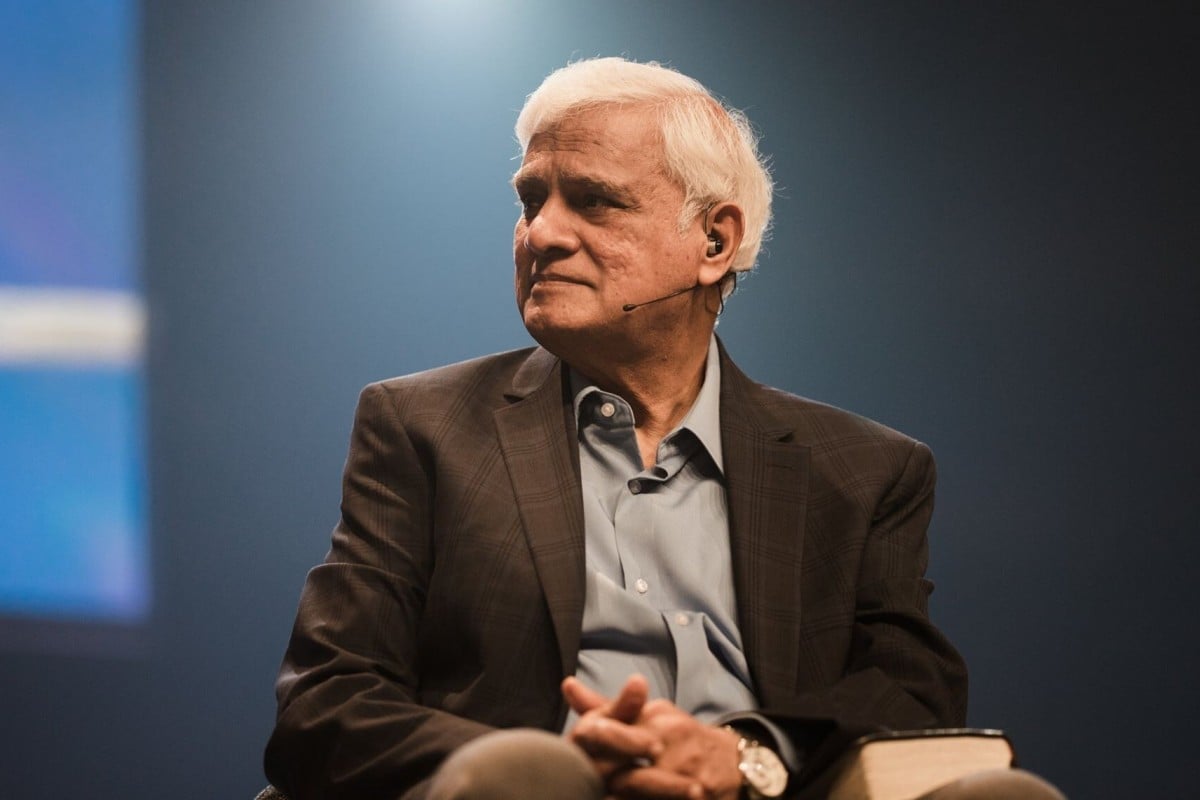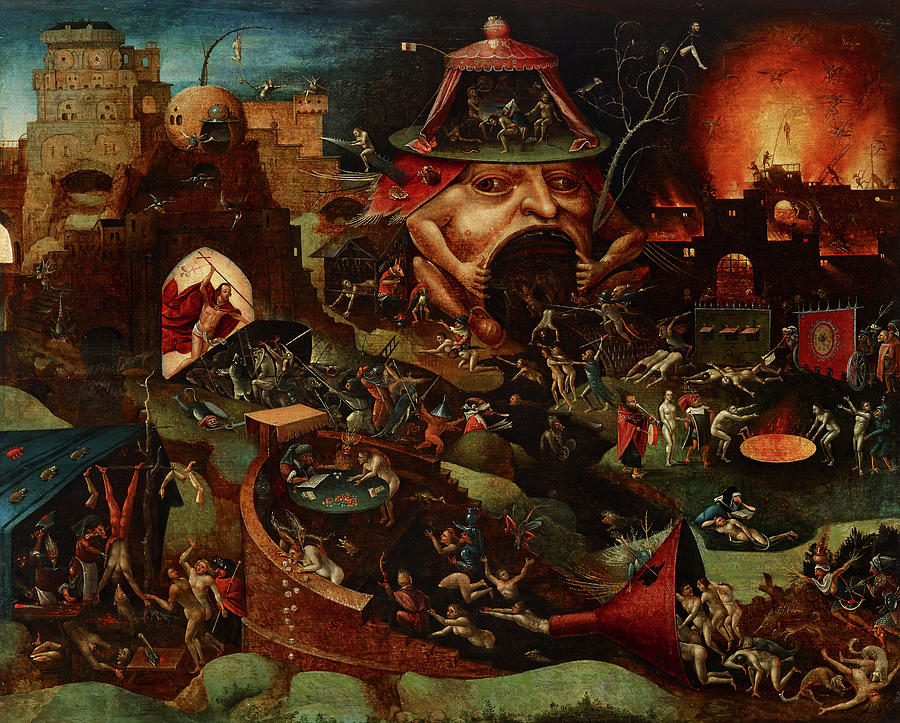This writing comes late, for several reasons. For one, I felt the need to wait until much of the noise had passed and the aftermath settled before writing, as I wanted time to reflect, understand, and make sure what I end up saying is actually meaningful. For another, I wonder if I should say anything at all on this matter. But I figured, considering the fact that I wrote a tribute to Ravi on the day of his death, I should address it somehow. But what I am about to say will probably not be what you are expecting to hear.
I don't know if Ravi is guilty or innocent. Unlike almost everyone else, I actually cannot say if I believe one way or the other on this matter (not whether sexual harassment is wrong but whether it actually happened in Ravi's case). Why? I just don't know enough. And I refuse to uphold a verdict with the very little information I have--that we have.
You might be thinking, "But we have evidence! We actually have an investigation carried out by a professional firm (read the report HERE)! We have witnesses, and all sorts of suspicious activity to point to! Isn't that enough?" Well, it is, if the integrity of each of those factors are indisputable. However, they might not be. In fact, Ravi's son, Nathan Zacharias, has been presenting counter-arguments addressing the questionable history of Miller & Martin (the investigation firm), biased sample pool of witnesses, manipulated "evidence," and more. I won't talk about the details here, but here is a link to Nathan's blog, "Defending Ravi," if you are interested in reading it. But if you do, please read all of it, because this is a son's attempt to defend his father while dealing with his loss, the shock of the scandal, and the evaporating support of those who once called them friends. Read all of it, and you are likely to learn something you didn't know before.
Now, does this mean we should believe Nathan Zacharias? Not necessarily. But does it mean we should be more careful with how we approach the allegations we have been presented with? I think so. One critical thing we need to deal with is the fact that Nathan's position as son of Ravi Zacharias means he is either one of the most biased persons involved or one of the most credible. In other words, does Nathan's position as Ravi's son invalidate his testimony? To this question I have no answer, as with many other questions. There is so much we do not know, and the most important answers are inaccessible to me, a mere spectator, just like to the rest of us who are not privy to actual events. Context matters, and that is often the one thing that gets lost in transmission (whether intentionally or not). Nonetheless, I want to give the proper respect due to the Zacharias family, who deserves continued support from the body of Christ.
But what is more important is how many Christians have been responding (or should I say reacting) to this matter, in whom I am bitterly disappointed.
Even if Ravi was guilty as charged, the self-righteous cancellation of his name and the accompanying mistreatment of his family are inexcusable. And this is not just by social-media Christians, but by RZIM itself, the organization whose successes were due to the very man and family they now seek to erase. Modern Christendom's desperation to be politically correct and socially acceptable compelled many to jump on the bandwagon and assume the roles of judge, jury, and executioner, cancelling a man who is no longer able to defend himself. They have condemned him to hell, suggested that he never actually knew the Lord, and renounced his friendship. And when the furious rant dies down, they seek to blot out his name, his work, and his memory. And are they justified? In the name of truth, they choose to discredit any truth that he ever uttered. In reducing his identity to his faults, they also discredit the very gospel they claim to live by. They threw the first stones with Bibles in their pockets.
Additionally, our focus on his failures very conveniently excuses us from pondering our own twistedness.
Even so, I must say that I understand, and perhaps even sympathize, with the general sentiment that overcame Christendom like a tidal wave. If Ravi was guilty, such repercussions would even be expected. As is in the nature of betrayal, the hurting party suffers disillusionment as their fabricated narrative breaks down. However, if they are not careful, this can easily lead to bitterness and resentment; not taken care of, this will give birth to hate, until one day they find a desire in their hearts to watch the world burn. And even now, observing the reactions spiraling around us for the past few months, from both believers and unbelievers alike, there is a renewed hate that wishes to see institutional Christianity rise up in flames.
So on the one hand, I cannot tolerate the self-righteousness and lack of grace with which many in the Church have handled this, while on the other, I understand the hurt and anger that others have experienced (regardless of the truthfulness of the allegations), and I want to push us towards healing and maturity as we struggle with the failures of our spiritual leaders.
Whatever the truth is, we cannot deny the gaping wound in our hurting Church, a wound that has been there for far too long. If we do not learn to respond to it properly and heal from it, we would destroy ourselves every time the monster rears its ugly head.
The last thing I want to address is the fact that Ravi's sins (whatever they are and are not) do not change the truths he had preached for over four decades. If we are unable to glean what is good from an imperfect person, maybe that is because we are too spiritually and psychologically immature to do so. I do not deny the positive impact of Ravi's ministry on multitudes of people, nor its genuineness; neither do I deny that God used him mightily for His kingdom.
The truth and beauty of the Kingdom is breaking out into this world, though often tainted by its bearers. If salvation could come through the bloody hands of Roman soldiers and the tyranny of countless empires, surely the gracious work of God could come through tainted vessels such as you, I, and Mr. Zacharias.


